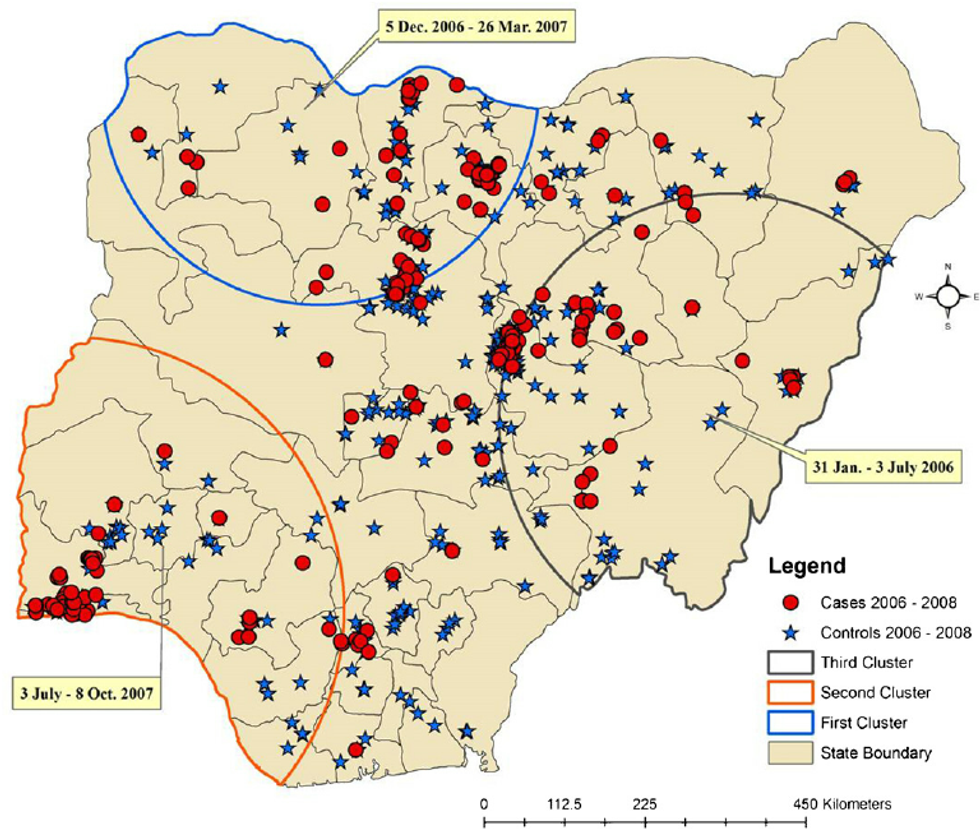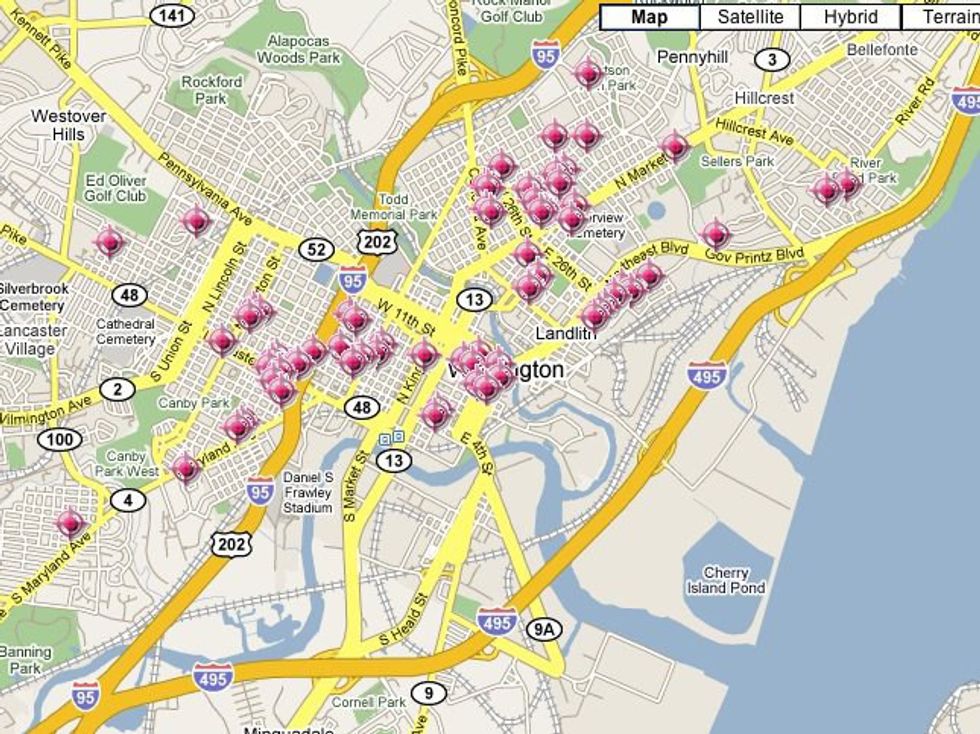We’re surrounded by violence. Headlines read of bomb threats, coups, suicide bombers, mass shootings, ax-murders: the slaying of innocent lives… all across the world.
Pope Francis was recently quoted, in response to the killing of French Catholic priest, Father Jacques Hamel. Excerpts from his statements are as follows:
“We must not be afraid to say the truth, the world is at war because it has lost peace…When I speak of war I speak of wars over interests, money, resources, not religion. All religions want peace, it’s the others who want war.”
The world has lost peace.
Peace implies all is as it should be. Peace is stable. Peace is tranquility. Peace is affable. Peace is shared.
But right now, society is unstable. The world is restless. People have hardened. Communities are closing in. And unfortunately, more lives will be lost. Things are not as they should be. Peace is lost. But it can be reclaimed.
Many people have their own ideas about the best way to do this.
Here’s one solution you might have heard of:
"Donald J. Trump is calling for a total and complete shutdown of Muslims entering the United States until our country's representatives can figure out what the hell is going on... we have no choice... we have no choice..."
But here’s one reflection that I never came across until doing some more research:
“My attitude to peace is rather based on the Burmese definition of peace - it really means removing all the negative factors that destroy peace in this world. So peace does not mean just putting an end to violence or to war, but to all other factors that threaten peace, such as discrimination, such as inequality, poverty.”
This quote is from Aung San Suu Kyi is an activist and Burmese stateswoman, a woman who, in the face of a wall of armed policemen, walked forward – with fortitude and resolve – and placed her hand on one of the guns, and lowered it... Moral courage.
But moral courage does not guarantee peace; nor does the removal of negative factors, or the lowering/legislation of firearms. We cannot just remove problems from our world and expect things to be made better. We can build our walls, metaphorically and physically, we can achieve a temporarily feigned condition of peace, but a lasting sense of harmony cannot and will not be obtained unless other factors are addressed – living conditions, societal structures, discrimination, and inequality. This is at the heart of Kyi's message and her moral courage in action is a nonviolent effort, in the face of violence, of championing peace.
The opposite of peace is war. War is conflict. In our world, conflict has become violent, as marked by the countless costs of human life.
Violence has become an impediment to peace.
There are two questions we must consider when thinking about making a place for peace, in the stead of violence, in our own hearts, and in the world.
How do we conceptualize violence?
What can I do to promote peace?
I extensively explore the ideas of two brilliant TedEx speakers and reference a third in order to respond to these questions.
How do we conceptualize violence?
Gary Slutkin’s background is in epidemiology: understanding networks of disease and the process required to reverse and treat the spread of an epidemic. Gary recognized a chilling parallel between contagious disease and violence.
At 5:22, Gary produces two images on the screen: one is a map of homicides from Chicago. The data points, locations of violence, cluster around certain areas. He then produces a second image detailing data points of cholera cases in Bangladesh. The cases cluster, reflecting a similar image to that of the clustering data points of homicides.
Here is an example of what Gary was suggesting.
A map of avian influenza in Nigeria:
Wilmington, DE, map of shootings:
He argues that disease, like violence propagates because of “a preceding case of violence." He says that a previous violent act is the "best predictor" of another violent act that could follow.
He urges us to think about violence as a disease. This requires a paradigm shift in terms of seeking a path to peace. He goes through his methodology:
Transmission needs to be interrupted: find the first cases.
Prevent future cases: find other close networks that were affected.
Shift the norms: fortify societal structures – schools, communities, the family, economy – to improve group immunity.
He continues to explain the specific of his theory, and examples of its success in practice.
If violence is like a disease, am I infected? Are you infected?
Inflicting more violence, spreading more disease, will not eradicate the virus. Infection is destructive. Only through alternative treatments can a remedial salve be obtained.
But what if good works cluster in the same way the "bad works" do?
Instead of violence, what happens if we spread peace?
But how can I propagate peace?
Scilla Elworthy responds to this question, and ups the ante by contemplating how one can fight violence, promote peace, with nonviolence. She hypothesizes that “bullies” use violence in three ways: “political violence to intimidate, physical violence to terrorize, and mental or emotional violence to undermine the individual.”
Elworthy emphasizes that individuals must find self-knowledge in order to find peace - to find self - to combat violence through nonviolence.
One must know: what do I stand for? When and why do I give in?
This is where she tells the story of Aung San Suu Kyi; and her next point follows: fear is a natural human response to violence, but we mustn’t continue to feed our fear. We must nurture it, understand what is bringing about this intrinsic human response; put it aside, let it rest like a child.
She continues to discuss ways in which individuals can conceptualize their own responses to violence.
If we think of anger like gasoline, the more we spread it around, the more easily we prepare an ignition, an inferno of rage and ire, for ourselves or our communities.
But what if instead we placed this anger into an engine, and used it to fuel us through the most dreadful and hopeless moments?
Anger is a natural human emotion as well. If channeled, it can provide us an “inner power” to transform moral outrage into successful nonviolent protest or peaceable negotiations.
Anger does not have to block us from seeing or achieving peace. Anger can be utilized as a source of inner power to stabilize one's passion for placability.
The spread of violence is contingent upon individual response. That is why it is crucial to understand what and why we fear certain ideas or situations. We must know ourselves in order to find a sense of moral and personal fortitude to place ourselves on the lines of combat, in the face of the contagion, like Gary Slutkin, in order to educate other doctors, or community peacemakers, to help alleviate the epidemic.
Pope Francis is right in saying the world is at war. But we do not have to choose to enter into this war as warriors out for blood; we can be warriors in pursuit of peace.
Melvin Russell gives an incredible reflection on the Ted stage focusing on relationships between police, violence, communal responsibility, and reform. He closes with this: “we all want respect, we all want peace, we all want love."
What do we do to sew the fruits of peace in our communities and ourselves?
Violence is rampant.
We cannot be passive. Fear can fire our hearts into action; or it can stagnate us.
“If we know how much passive violence we perpetrate against one another we will understand why there is so much physical violence plaguing societies and the world.” - Arun Gandhi
We must continue to ask ourselves the hard questions:
What is violence? What is its cost?
Why is it easy to feel so numb to it?
I would suggest that we’ve become numb in overexposure and overstimulation. Like Picasso's Guernica, the article's cover photo, we've slowly lost grip to a reality of signs and symbols, begrudgingly immersing ourselves into a culture heavily influenced by "barbarity" and "terror of war." Millennials have not experienced a world war, but we are currently living in a society influenced by the trauma of world wars, and other grueling conflicts; violence is a part of our reality, our history, and some fear it as apart of their future.
We need to restore our sensibility, our sense of self and our sense of solidarity. Violence must be remedied; otherwise, peace can never be realized
So I ask again, what is violence?
I close on this following quote because, for me, at least, this was the most groundbreaking reminder of my own insensitivity to social violence. It might not register with you; but for me, it is a solemn reminder that peace can only be achieved if we start by understanding the nature of violence, its ubiquity, and our own insensitivity to its propagation.
"We must not be surprised when we hear of murders, of killings, of wars, of hatred. If a mother can kill her own child, what is left but for us to kill each other." - Blessed Mother Teresa of Calcutta
Links to the mentioned videos are as follows:
https://www.ted.com/talks/gary_slutkin_let_s_treat...
https://www.ted.com/talks/scilla_elworthy_fighting...
https://www.ted.com/talks/melvin_russell_i_love_being_a_police_officer_but_we_need_reform


























